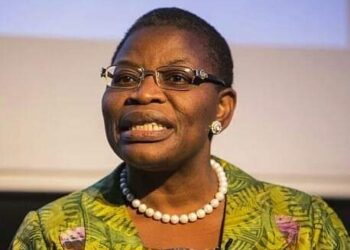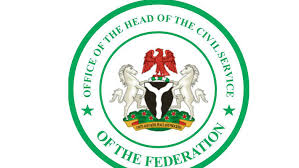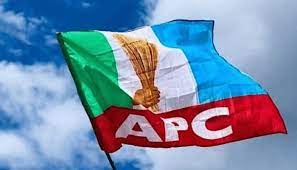…Decries killings, abductions, others
A former Minister of Education and chairperson of the Board of the School of Politics, Policy and Governance (SPPG), Dr. Obiageli Ezekwesili, has warned that “Nigeria as a country is fast losing basic criteria to be called a united nation.”
According to the former minister, Nigeria is currently more than ever before ticking closest to the box of a failed state on the criteria of the renowned Fund for Peace and Foreign Policy magazine.
“There is a raging battle for the Soul of Nigeria; a country which has turned into a massive killing field and mass graves overrun with the blood of innocent children, youth, women, and men brutally murdered, battered or abducted without any consequence to the criminals,” she noted.
In an article entitled, “What Time is it for Nigeria?” made available to Blueprint Friday in Abuja, she said it would amount to “a historical missed opportunity if Nigerians do not in 2024 collectively resist the syndrome of tunneling their focus to the lowest common denominator of our problems.”
She said, “A Nigeria that is fast losing most of the basic criteria that qualified us to be included in the United Nations’ list of recognised countries should alarm all patriots into action to save and avoid the tendentious pattern of our political class tunnelling our focus to addressing symptoms instead of their underlying causes.
“Nigeria has every year over the last ten years remained within the group of 15 countries out of 170 that rank closest to fragile-failed country status. For example, on the economic front, Nigeria is entangled with endemic issues of systemic and widespread grand as well as petty corruption, ‘high economic inequality, and economic development along group lines, low growth, severe economic decline and rising extreme poverty.’
“In the context of the Fragility Index on the political front, Nigeria experiences breakdown of capacity of the government to function usually characterised by de-legitimisation of the state, deterioration of public services, suspension, or arbitrary application of law; widespread human rights abuses, security forces operating as a ‘state within a state’ often with impunity, rise of factionalised elite, and rise of external political agents and foreign states.”
She called for “a national conversation that will fundamentally negotiate and determine the value placed on lives and the values that will uphold, preserve, and dignify a New Nigeria and Nigerians.




